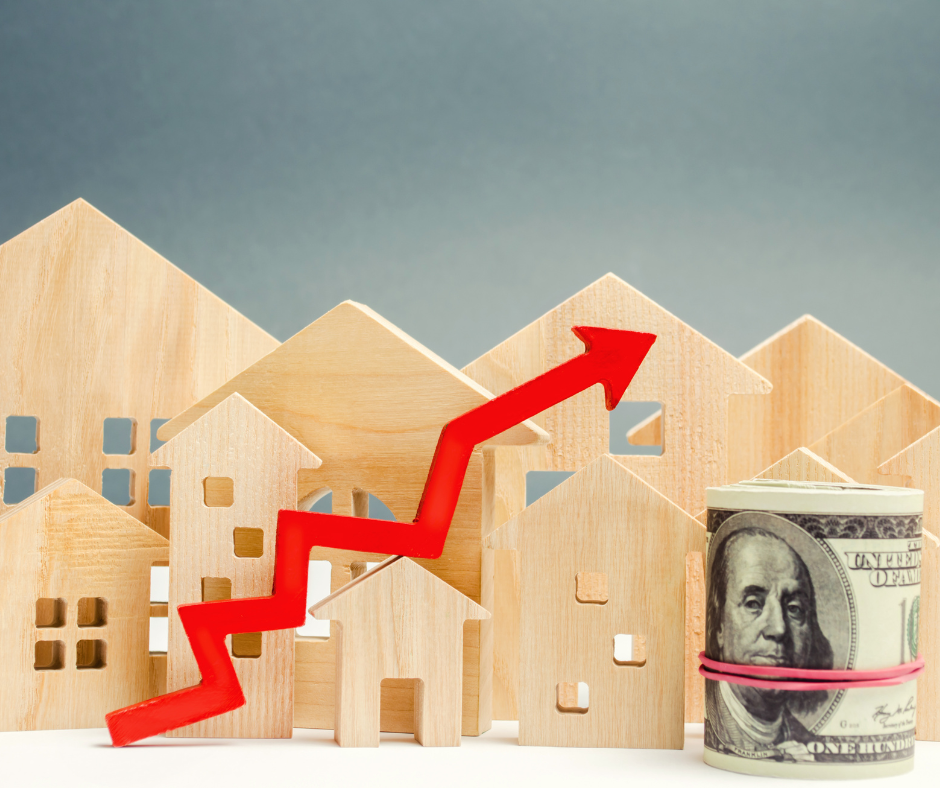
Understanding the factors that contribute to high mortgage rates is essential for both homebuyers and the real estate industry. In this article, we delve into the complexities of mortgage rates and shed light on the key elements that influence their levels. By gaining insights into these factors, homebuyers can make informed decisions, and professionals in the real estate industry can better navigate the market.
The Role of Risk in Mortgage Rates
One of the primary reasons behind high mortgage rates is the element of risk assumed by lenders. Lending a significant amount of money over an extended period inherently carries risk. Furthermore, mortgages are secured by the property itself, adding another layer of complexity and risk for lenders.
Creditworthiness and Credit Scores
Lenders assess the creditworthiness of borrowers to gauge their ability to repay the mortgage. Credit scores play a crucial role in this evaluation. Borrowers with lower credit scores are seen as higher risk, resulting in higher interest rates to offset potential default risks. On the other hand, borrowers with excellent credit scores are often offered lower rates due to their perceived lower risk profile.Lenders incur various costs related to providing mortgage loans, such as administrative expenses, operational costs, and funding costs. These expenses, coupled with the need for profitability, factor into the interest rates offered to borrowers. Lenders must cover their costs and generate profits to sustain their operations and remain competitive in the lending market.
Economic Factors
Mortgage rates are significantly influenced by broader economic factors, including inflation, economic growth, and monetary policy. When inflation is high or economic growth is strong, it puts upward pressure on interest rates, including mortgage rates. Central banks, such as the Federal Reserve in the United States, use monetary policy tools to manage interest rates, including the benchmark interest rate, which indirectly affects mortgage rates.
Market Forces
Supply and demand dynamics in the mortgage market also impact interest rates. When there is high demand for mortgages, lenders can afford to charge higher rates. Additionally, market conditions, such as the availability of credit and investor sentiment, can also influence rates. Investors play a role in providing the funds necessary for mortgage lending, and their assessment of risk and return expectations affects the rates lenders can offer.
Costs and Profit Margins
Lenders incur various costs related to providing mortgage loans, such as administrative expenses, operational costs, and funding costs. These expenses, coupled with the need for profitability, factor into the interest rates offered to borrowers. Lenders must cover their costs and generate profits to sustain their operations and remain competitive in the lending market.
By unraveling the factors contributing to high mortgage rates, homebuyers can make informed decisions, and professionals in the real estate industry can better understand market dynamics. Risk, creditworthiness, economic influences, market forces, and costs all play crucial roles in determining mortgage rates. It is advisable for homebuyers to seek guidance from mortgage professionals who can provide personalized advice based on individual circumstances. Likewise, professionals in the real estate industry should stay updated on these factors to provide valuable insights and support to their clients.
You May Also Like
Survival Tips for Startup Real Estate Agents
Real Estate Investor Classifications
Realtors, Stop manually typing up homebuyer offers after a long day!
